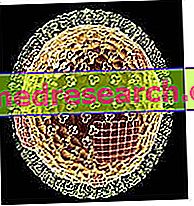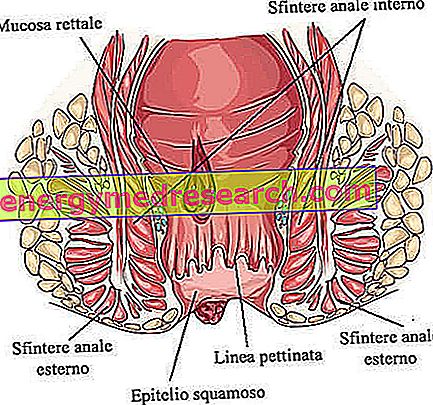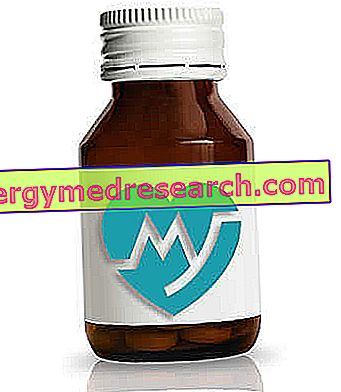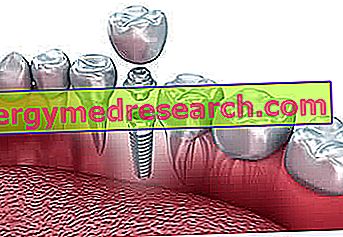By Dr. Roberto Uliano
Help the immune system through nutrition and medicinal plants.
Our immune system is a powerful mediator of our state of health. Through specialized cells called lymphocytes, it is able to neutralize and destroy viruses and bacteria. One of its fundamental characteristics is that of being finely regulated in perfect balance with the environment that surrounds us, but in situations where nutrition is strongly unbalanced, life too sedentary, insufficient exercise and chronic stress, l immunity is somehow unregulated. As a result, the chances of getting infected or, on the contrary, of developing autoimmune diseases (rheumatoid arthritis, multiple sclerosis, thyroiditis, etc.), allergies and intolerances increase.

Recent studies indicate that vitamins play an important role. In particular, research has focused on vitamin B6 and B12. It has been seen that these two vitamins, found mainly in whole grains, in eggs and in milk, play a powerful stimulation of the TH1 system against all viral and bacterial infections. The elderly are more at risk of their deficiency, as they have a greater atrophy of the stomach, which compromises the absorption of these vitamins at the intestinal level.
Vitamin C, widely supported by the publications on the orthomolecular medicine of Linus Pauling, was highly publicized as a panacea for the common cold. In fact these features were never confirmed, but vitamin C supplements were seen to be effective in reducing the intensity and duration of this winter disorder.
Vitamin E is a powerful TH1 stimulator, and has also been associated with a lower incidence of prostate cancer.
Selenium at a dose of 200 micrograms per day is able to counteract viral infections, stimulating the TH1 system and natural killer cells that are powerful destroyers of viruses and bacteria.
Zinc has the same potential as selenium but has a different effect depending on the dose administered. If you want to combat winter ailments, the daily dose should not exceed 25-35 milligrams for a period not beyond 2-3 weeks. Higher doses and for longer periods stimulate the TH2 system and therefore can have an effect on autoimmune diseases, but also induce allergies and thyroiditis.
The use of probiotics strengthens the immune system of the intestine against all those viruses and bacteria that favor the gastro-intestinal system.
Furthermore, in support of nutrition, there are several plants with an immunostimulatory effect. Several studies have confirmed the effectiveness of Echinacea, Spirulina and a mix of Chinese plants whose main one is Sophora Flavescens, against infections. These plants effectively enhance the TH1 system.
Nature has therefore given us several weapons to combat seasonal ailments, and perhaps this makes us more serene also with regard to influenza A, especially of the H1N1 strain.



